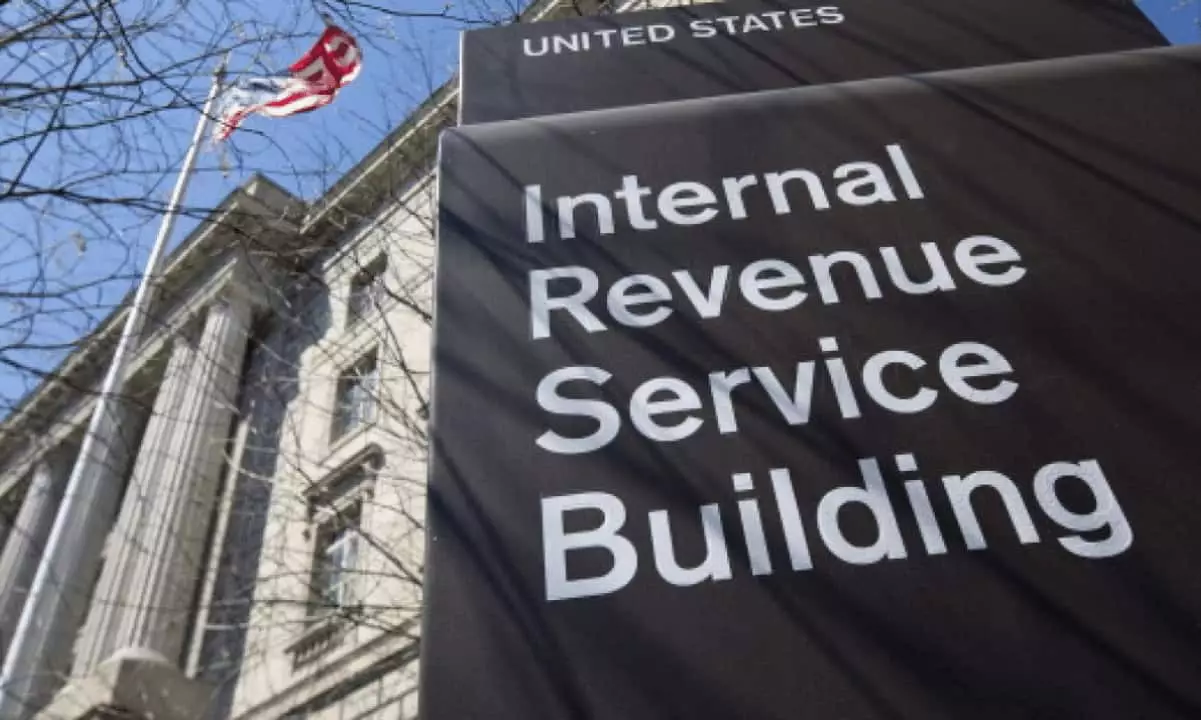The realm of cryptocurrency has gained considerable traction in recent years, prompting regulatory bodies, particularly in the United States, to grapple with the complexities that accompany this digital asset class. As the landscape evolves, so too does the Tax Code, leading to a slew of regulations that affect how taxpayers report their crypto transactions. In this context, the Internal Revenue Service (IRS) has rolled out a temporary relief measure to assist cryptocurrency holders—especially those utilizing centralized finance (CeFi)—to navigate impending tax challenges linked to new regulations set to take effect in 2025.
As of January 1, 2025, the IRS will enforce Section 6045 custodial broker regulations, requiring CeFi brokers to diligently report cryptocurrency transactions. These regulations are pivotal in shaping tax compliance but also bring forth a unique set of challenges. One of the significant hurdles is the required adoption of specific accounting methods—namely Highest In, First Out (HIFO) and Specific Identification (Spec ID)—which play a crucial role in determining tax liabilities. If users fail to specify their preferred method, brokers will automatically resort to the First In, First Out (FIFO) approach. Such a method could lead to heightened tax responsibilities, particularly in bullish market conditions, as it emphasizes selling older assets that typically hold a lower cost basis.
Temporary Relief through IRS Notice 2025-7
In response to widespread uncertainty regarding the upcoming regulations, the IRS has instituted Notice 2025-7, providing temporary relief for crypto transactions conducted on CeFi exchanges throughout 2025. This relief comes as a much-needed hedge against potential tax complications. It empowers taxpayers by allowing them to utilize their own records or trustworthy crypto tax software to accurately identify which assets are being sold, bypassing the burden of being defaulted to FIFO. Shehan Chandrasekera, the Head of Tax Strategy at CoinTracker, has underscored that the relief is automatic—requiring no immediate action from the taxpayer—making it a significantly beneficial move for crypto holders.
Taxpayers can consider this transitional period as an opportunity to establish robust record-keeping practices and utilize credible crypto tax software to ensure precise reporting. Start by determining the accounting method that aligns with your investment strategy, be it HIFO or Spec ID, and maintaining meticulous records of all transactions. From January 1, 2026, users must specify their accounting methods with their brokers to avoid reverting to the default FIFO method, as it is anticipated that most brokers will be equipped to facilitate various accounting options by then. Preparation during this phase is crucial; proactive planning can prevent unwelcome surprises when filing taxes.
The Bigger Picture: Regulatory Challenges and Implications
Notably, this recent development in IRS policy follows a broader contention surrounding crypto regulation. The introduction of broker reporting rules under the Infrastructure Investment and Jobs Act stirred controversy, primarily because it expanded the definition of brokers to include decentralized finance (DeFi) platforms. This rapidly implemented rule faced criticism from groups such as A16z Crypto and the DeFi Education Fund. Opponents of the rule argue that it contravenes the Administrative Procedure Act and trespasses upon the Treasury’s authority. The ongoing debate surrounding regulatory clarity in crypto markets underscores the need for a balanced approach that does not stifle innovation while ensuring compliance and consumer protections.
Concluding Thoughts
The IRS’s temporary relief measure signifies an essential step in addressing the complexities inherent in reporting cryptocurrency transactions. Taxpayers navigating this new landscape should leverage the relief offered by IRS Notice 2025-7 while preparing for a more stringent compliance environment beginning in 2026. Maintaining detailed records and selecting the appropriate accounting methods will prove indispensable in mitigating tax liabilities. Ultimately, as cryptocurrency continues to evolve, ongoing dialogue between regulators, taxpayers, and the crypto community will be pivotal in fostering clarity and ensuring a fair taxation framework.
















Leave a Reply